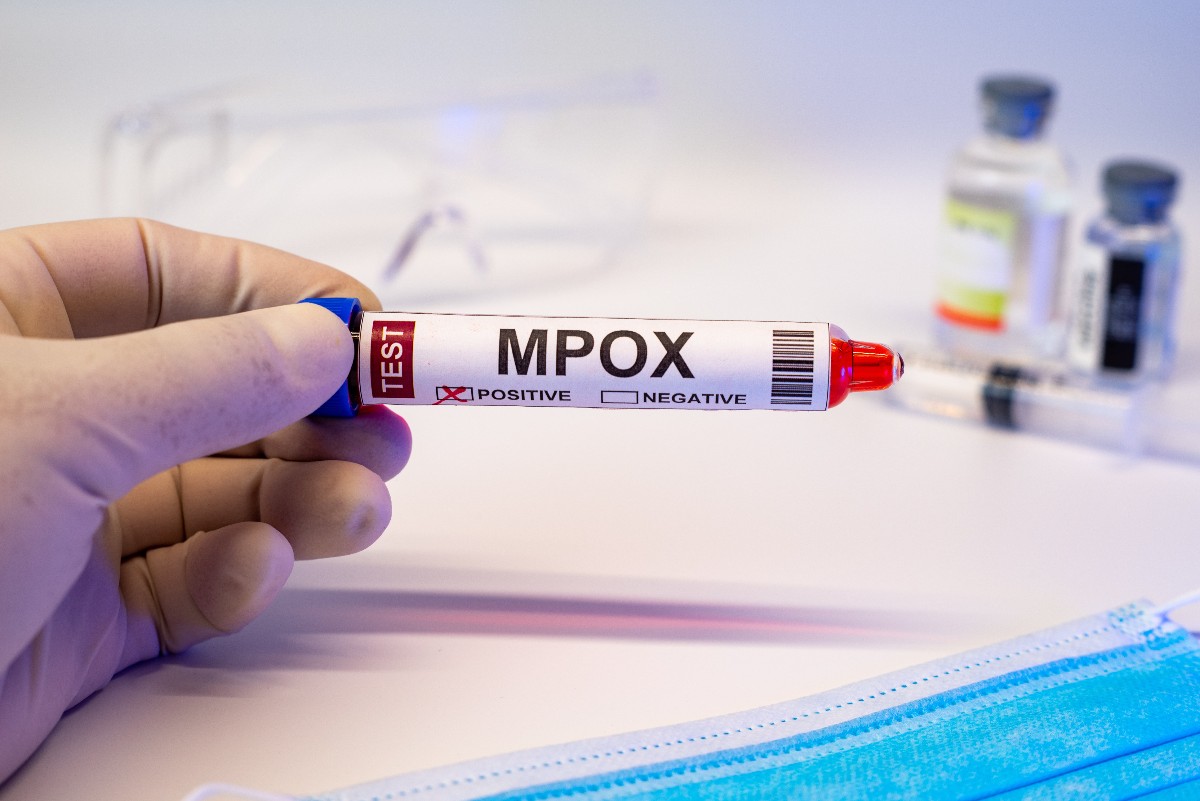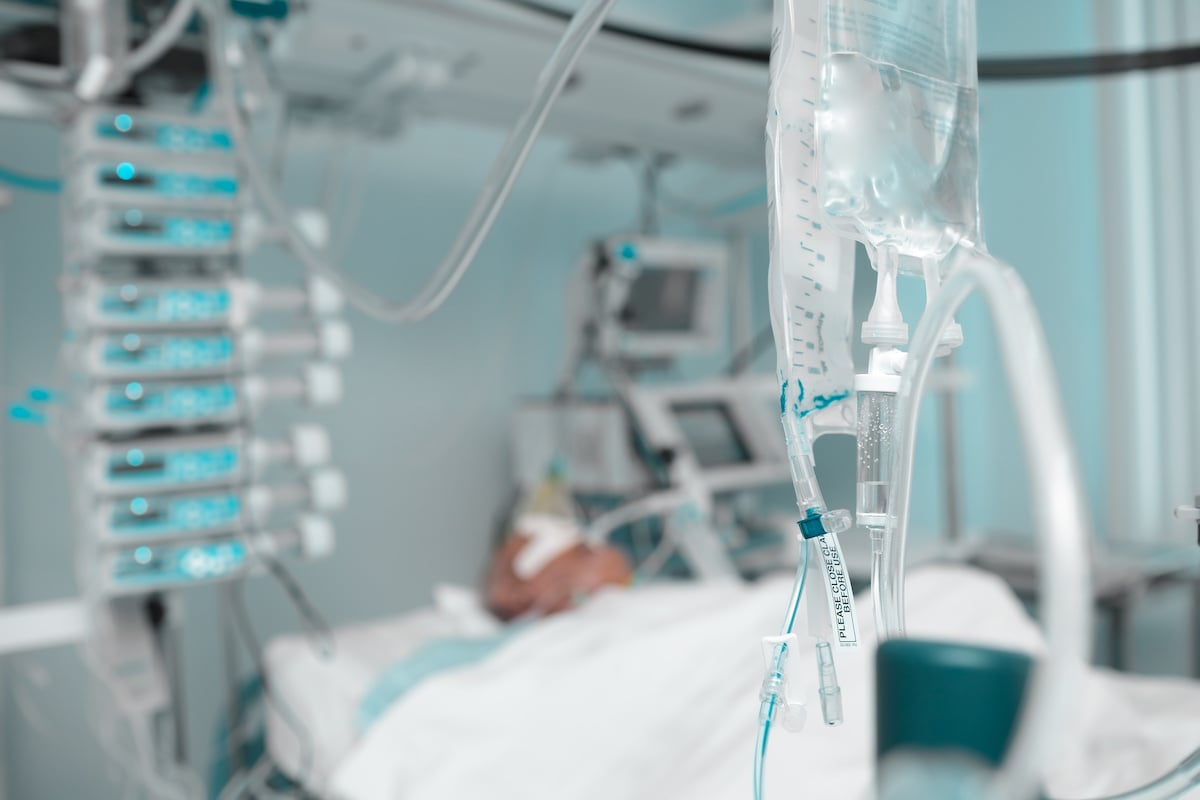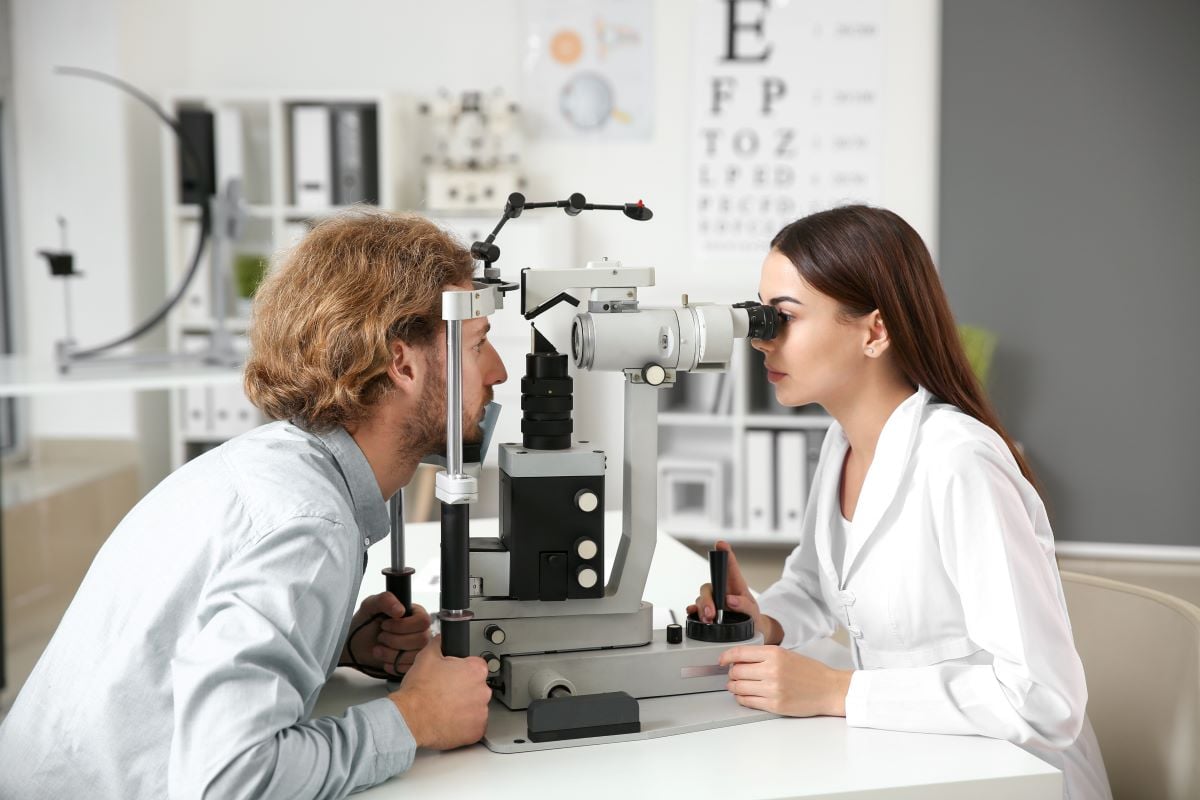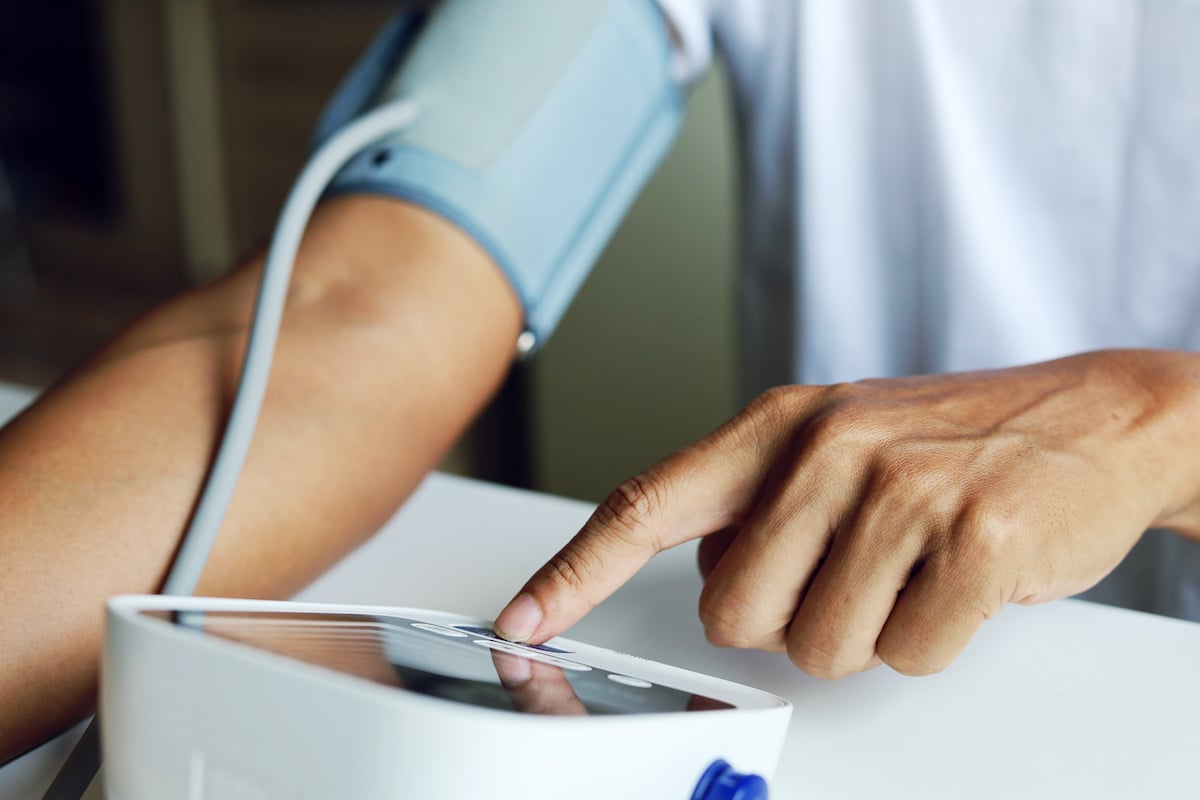
Back-to-school can feel like a rushed jumble, as kids leave behind summer fun for the next step in their education. But there are specific ways parents can help students show up sharper, get young athletes ready to compete, and have anxious kids settled down and ready to learn, experts say. Prioritize sleep Kids will have… read on > read on >






























